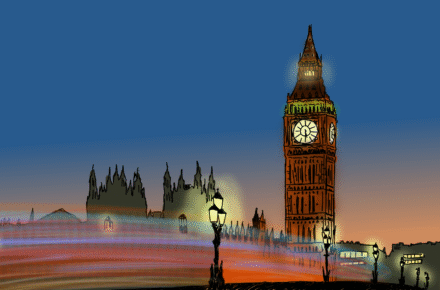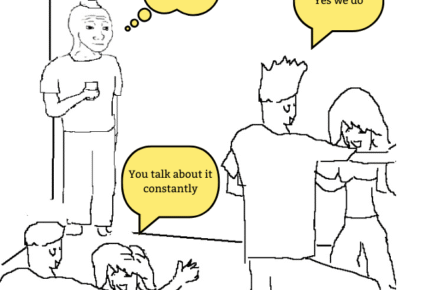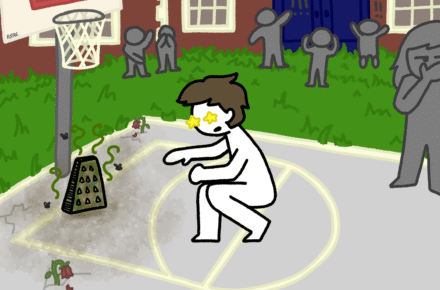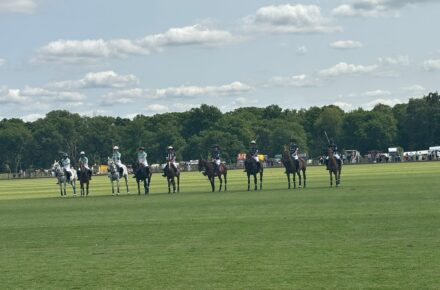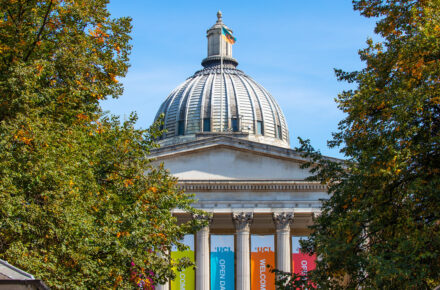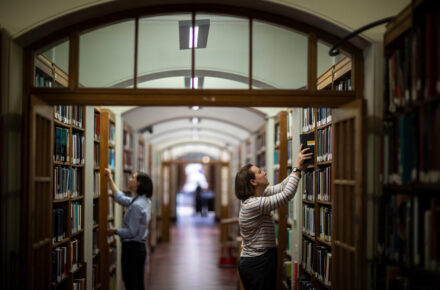

I got my first taste of censorship when I forwarded a message to the UCL Turkish Society group chat about a planned rally in central London protesting the unjust and undemocratic happenings in Turkey.
After the message was removed, a committee member sent me a text to explain that, “Whatever the case is, nothing that could start political action inside the society can be shared”. I was told that talk of “political happenings” that could “lead to polarisation” was not welcome in the chat. “Thank you for understanding”.
I was frustrated, but this is hardly surprising or uncommon: authorities in many places argue – or at least practically implement – that “neutrality” in common spaces, a sort of “apoliticalness”, is necessary. Discussion of certain things is disruptive and creates polarisation – it’s just not a nice vibe.
This sentiment is embedded in the phrase “feminist killjoy”, or the joke about “ruining family dinner with politics”. UCL, of course, shows its fair share of this sentiment in its actions towards pro-Palestine activists.
These acts of (sometimes casual) censorship are usually framed similarly to the way it was explained to me: silence here is preventing “polarisation”. This holds an imagined good, a communal wellbeing more important than the right to even mention a cause.
We were enjoying dinner until you brought up politics.
What is “political”?
Are there some things that we shouldn’t even see as “discussion” because they simply speak to some values that we have all seemingly agreed to, living in this society?
Let’s take the issue in Turkey: an opposition candidate jailed for what can only be described as ridiculously unjust; rampant police brutality, and the jailing of hundreds of student protesters, just to name a few. These are clear instances of injustice. If the discussion is held on the grounds of honesty and truth, there is usually not a good argument for the other side.
When we think of these issues as fit for a “discussion”, we say that the opposing view deserves consideration. Nowhere is this better illustrated than in this recent CG article on the “Palestine-Israel Initiative”. When we try to “disagree well” in a “discussion”, where, to one extent or another, one side legitimises mere atrocity, we somehow normalise that “stance” as a legitimate, acceptable position to hold in our society. It becomes a political view.
On the other hand, what is not political?
Even the name “UCL Turkish Society” is quite political – you can spend days reading fights on Turkish Twitter about the use of the word “Turkish” (or Turk) to refer to the people of Turkey. At any rate, the Turkish Society is definitely more inherently political, than, say, the Badminton Club, or the Board Games Society.
Saying there is a time and space for some things to be brought up or some disruption is mostly a game of pretending. Here, it’s clear that “it’s just too political” as a reason for censorship in a case like this is just absurd, when the politicalness of that space is as clear as day. I would argue that your daily life is also similarly political: valuing whatever communal “peace” we hold higher than the cause that’s fighting against a wrong, is a statement. The weighing here depends on your politics – if you are a raging feminist (good for you), a sexist comment is bothersome enough and you become a “feminist killjoy”.
It is when we are made to see a question as a discussion on a spectrum with two equally legitimate ends, that a question becomes “political”. With that, the “Let’s just not talk about it” rhetoric tries to conceal the act of silence as a drive away from politics, and assert apoliticalness as a way to keep a peaceful community without polarisation.
But don’t some questions have answers? Aren’t there some “politics” that we all agree on that ensure a base wellbeing of what we call society, that we can not see stepped upon? Aren’t some things just wrong?
It’s these rights and wrongs that indeed polarise us. “Apolitical” is a facade used by those who know that they have lost on the moral ground. This explains censorship – the things that are hidden are “dangerous” – they bring out truths that don’t need defending, a gut feeling that is as bright as day, which sometimes has the power to move those who aren’t yet so blinded by the indoctrination of hate from right. You can turn a blind eye for only so long, but only to some extent. Most people have a line that when they see crossed, would say “Enough is enough”, and move to action, or at least to opposition. They would realise there is no answer within the spectrum of “politics”, but one of right and wrong.
Silence protects those who side with the “wrong” from discomfort and shame (disguised as “polarisation”). It also protects the comfort of those who don’t deem the cause important enough to disrupt the common good, the daily life. To that, I encourage everyone to realise that there are atrocities in this world that make it shameful that we are continuing our daily lives. The world order pushes us to think, “What can we do?” I hope one day we can realise that the system is not stronger than all of us. If we continuously unite against a cause, we can all see it as an undeniable wrong. It’s hopefully happening in Turkey now.
Be angry, be disruptive. Stand with the oppressed and those who are victims of injustice – stand with your rights and wrongs. Bring up “politics”, because silence only works in favour of the wrong, not of a community’s peace. That peace isn’t real if it’s built with the unjust suffering of some. If you think that you can’t live your life being angry and disruptive all the time, I’d bet good money that you will regret it in shame later. Either when it’s your turn to be hurt, as the crowds cheer in Turkey, “Susma, sustukça sıra sana gelecek” (Don’t be silent, your turn comes closer as you remain silent), or when the world moves on to a time where we all condemn this fundamental wrong.

